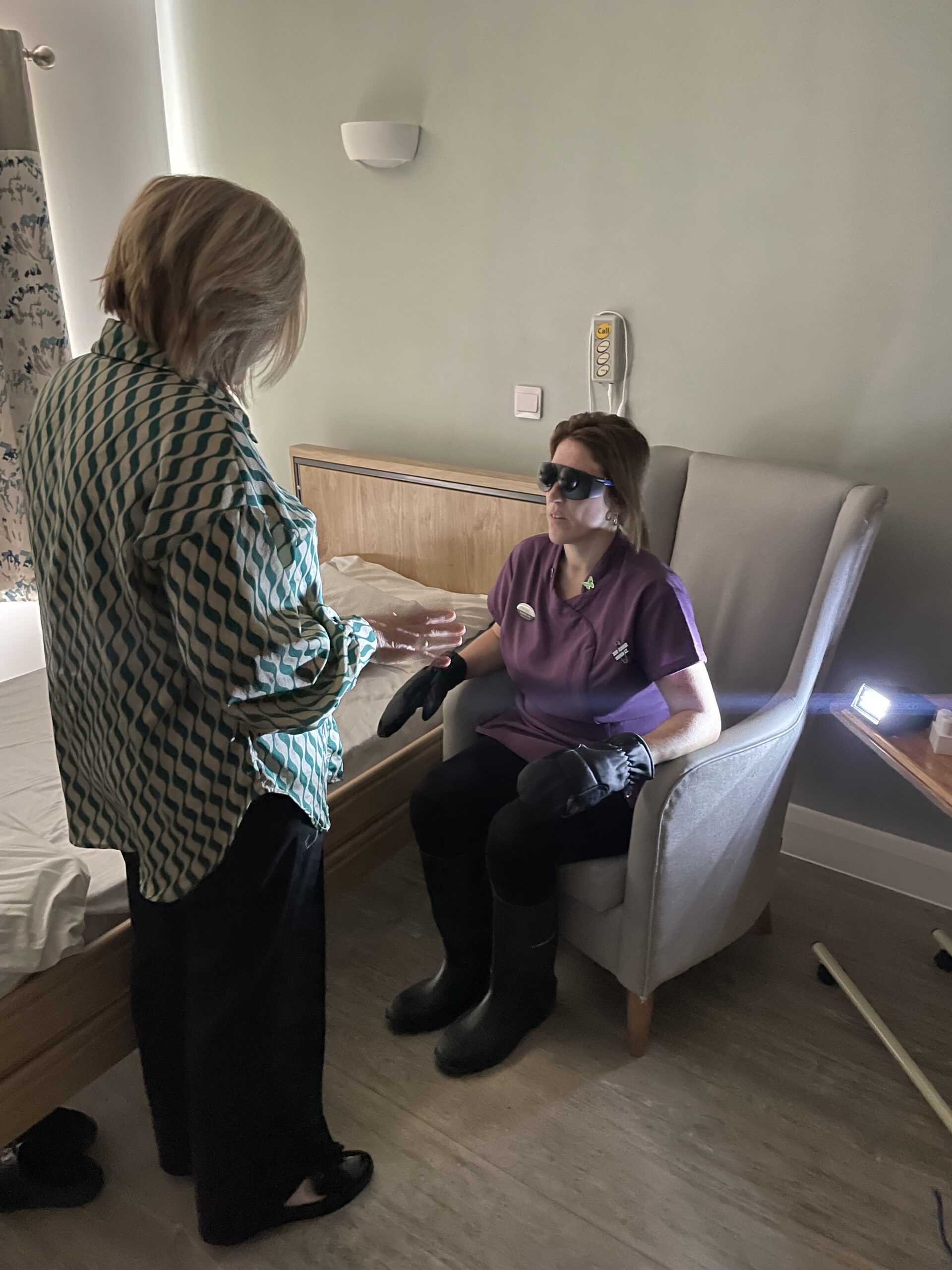Talking to kids about dementia
Having a loved one living with dementia is difficult for anyone to cope with. For children, however, it can be confusing and upsetting to witness its effects.
With over 850,000 people in the UK currently affected by dementia, and with that number predicted to rise to more than 2 million by 2050, more and more families are being affected by this condition. Talking to children about dementia is not an easy task to tackle, but it’s a necessary one. Only by understanding what’s happening will children be able to make sense of the changes they’re seeing.
Top tips for talking to children about dementia
Don’t assume that your children won’t be able to cope with this information. Kids have an uncanny way of accepting what they’ve been told and just going with it, provided they understand what you’re saying. Here are some top tips for talking to kids about dementia to help you explain in a way they can grasp:
Adjust your language: If the child is a teenager, you can probably talk to them just as you would any other adult. However, if they are younger, you’ll need to find ways to explain things without using confusing terminology. Instead of words like ‘dementia’ and ‘Alzheimer’s’ try to stick to things like ‘memory problems’ which will mean much more to them.
Be clear and honest: Don’t hide things from them; they’ll know you’re not telling the truth. Explain that your mind may play tricks on you, and that you could end up doing some silly things or forgetting important facts, like their names.
Offer understanding and patience: Children may react in all sorts of ways to this news, so be prepared to be patient and understanding, and to let them express their feelings in the way they feel most comfortable. Encourage questions, offer comfort and support and let them know it’s perfectly OK for them to feel this way.
Give them practical ways to help: Kids love to feel that they are doing something to help, so give them a role in the support of their loved one. Younger children could make a scrap book of memories to share with their loved one; older children might like to video moments or arrange craft sessions with their relative, or to think of things themselves.
Don’t be afraid to laugh: Dementia is no laughing matter, but using a bit of humour can help kids to cope. Things like, “If you see me putting my slippers in the microwave or salt in my coffee, can you tell me?” will help lighten the mood for everyone involved.
Focus on positives: Remind them that the person living with dementia is still that person inside. Explain how, even if they don’t remember their name sometimes, they still love them very much.
If at all possible, the person with dementia should take on the role of talking to the children, particularly if the diagnosis is recent and their symptoms are mild. If they aren’t comfortable in talking face to face, perhaps they could write a letter explaining the situation. Another trusted adult could then read the letter and answer any questions the children may have.

